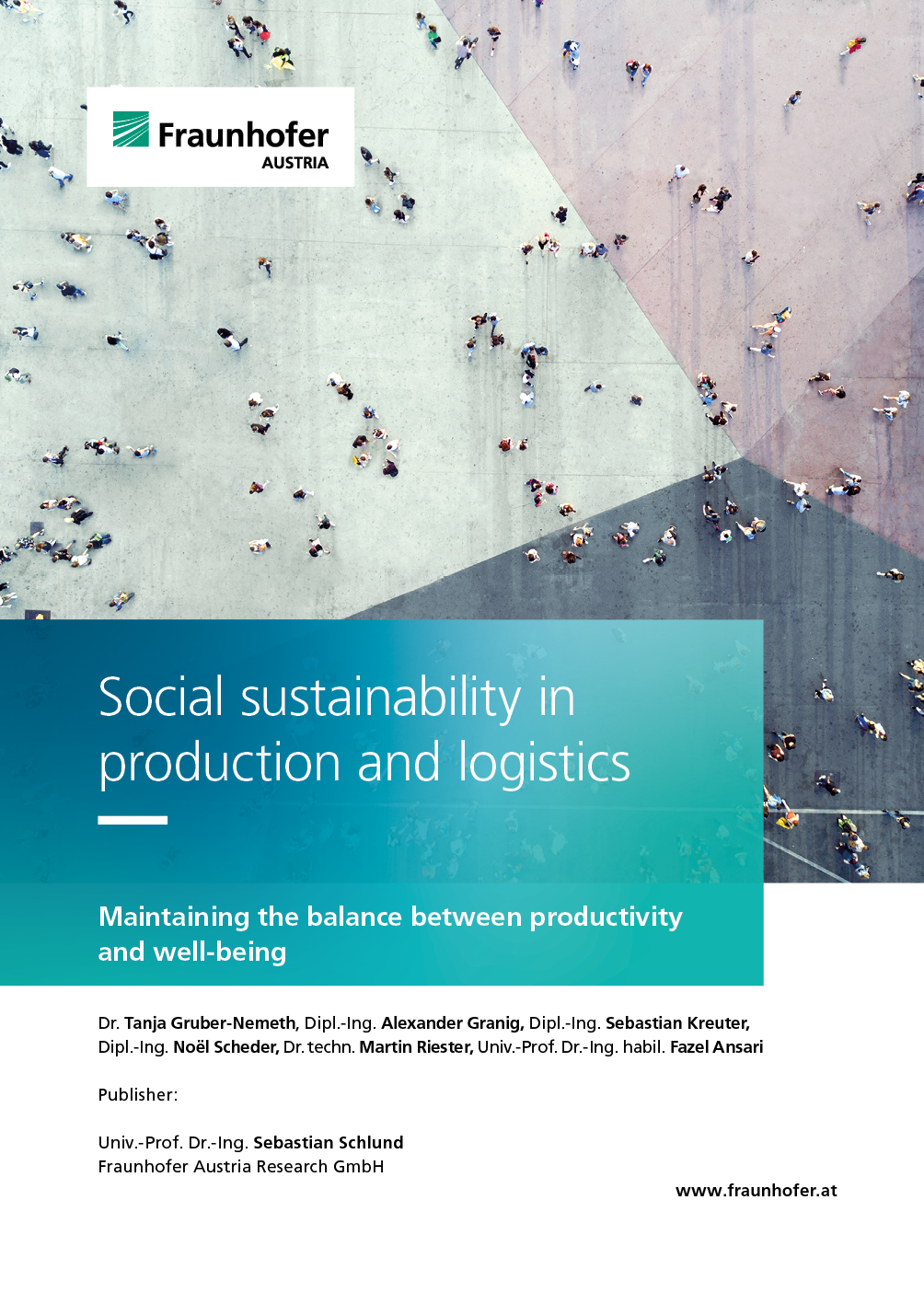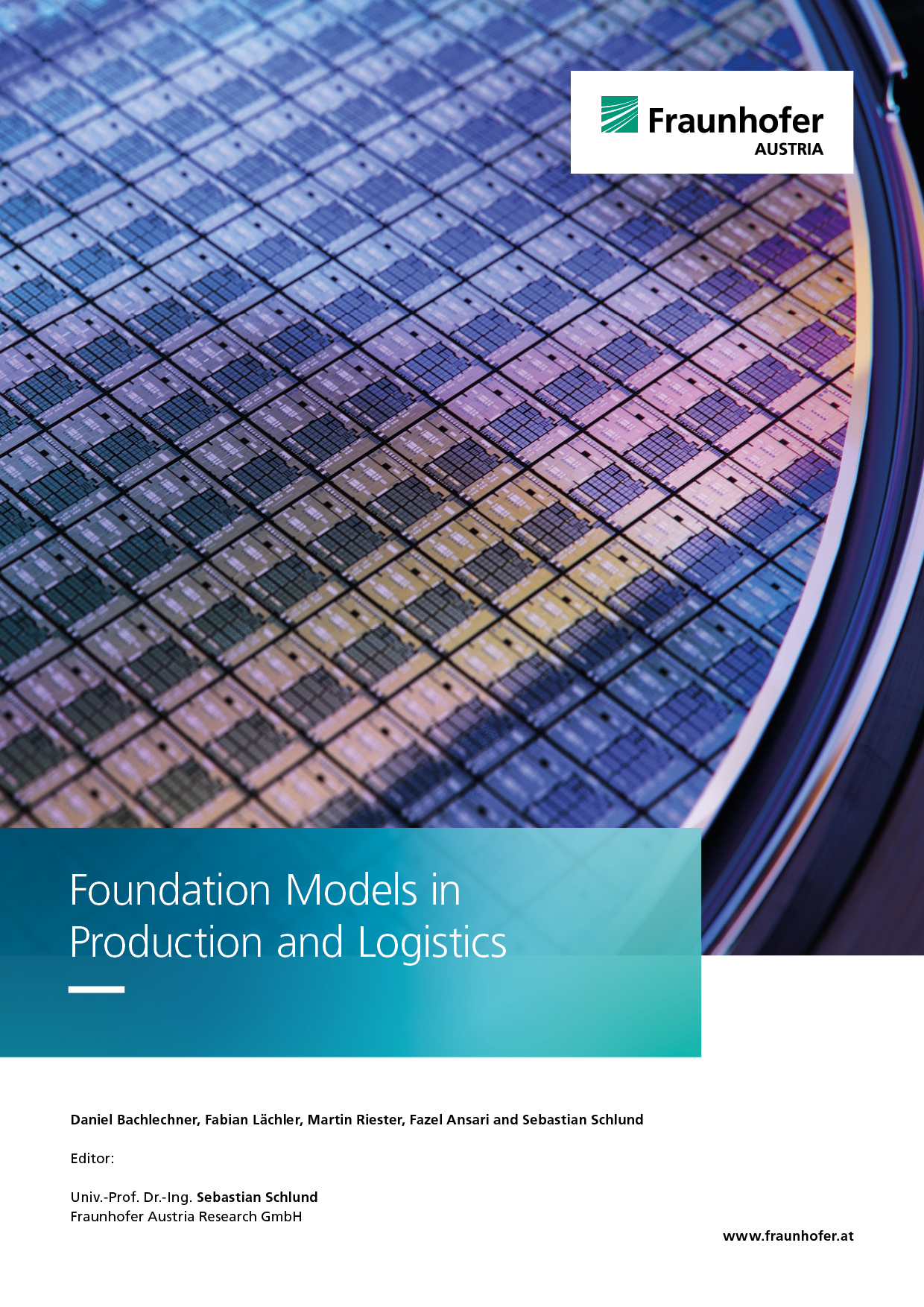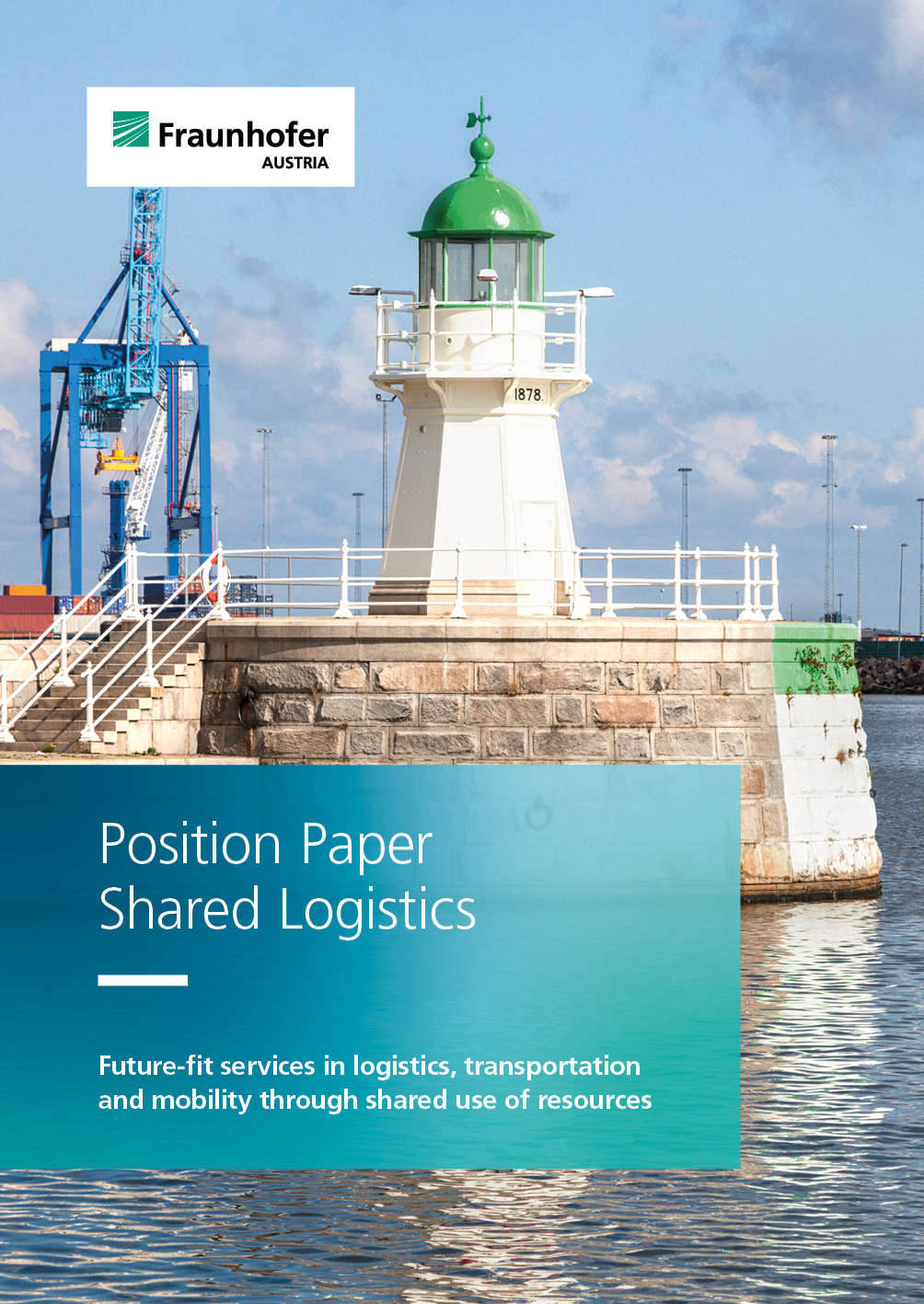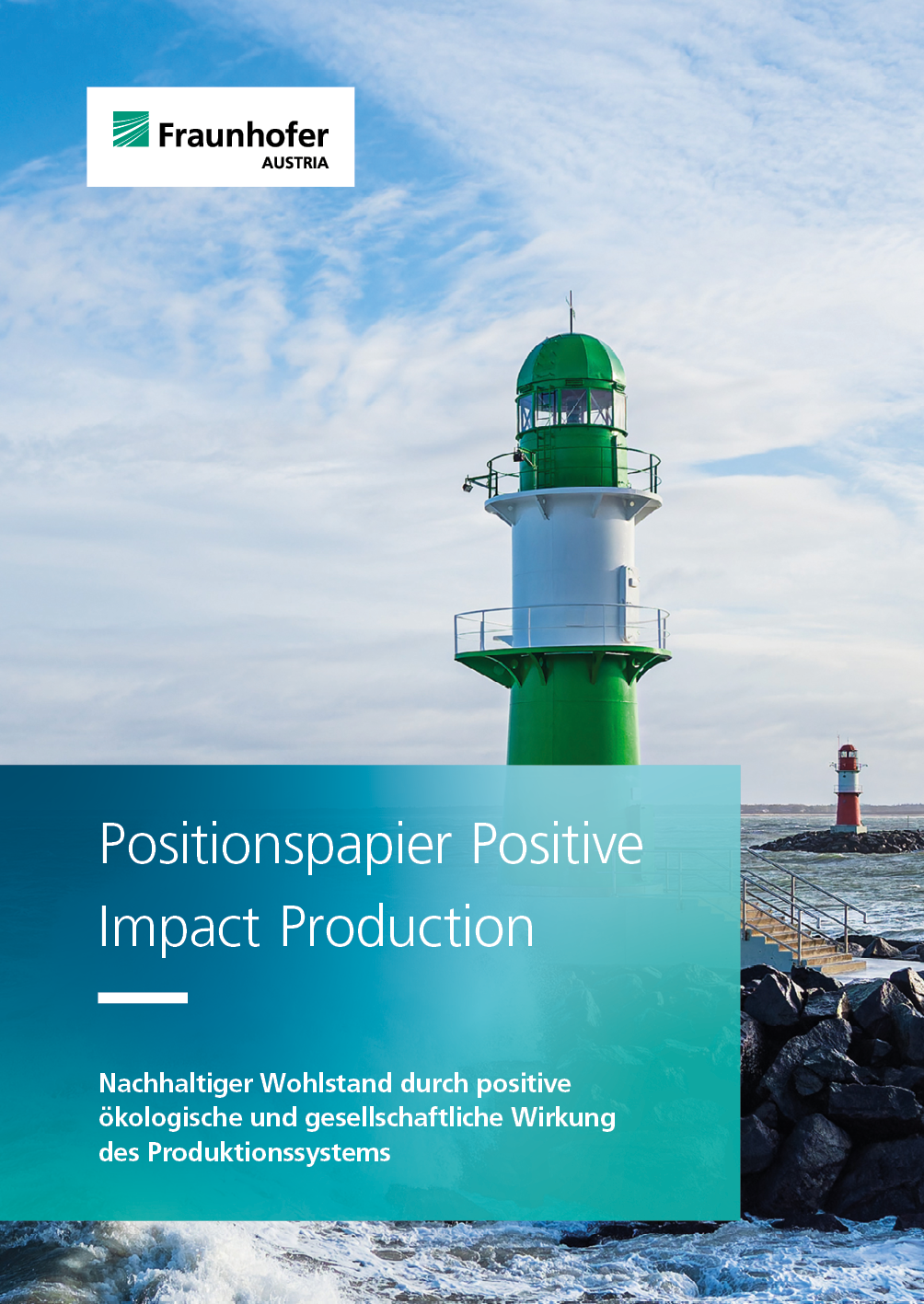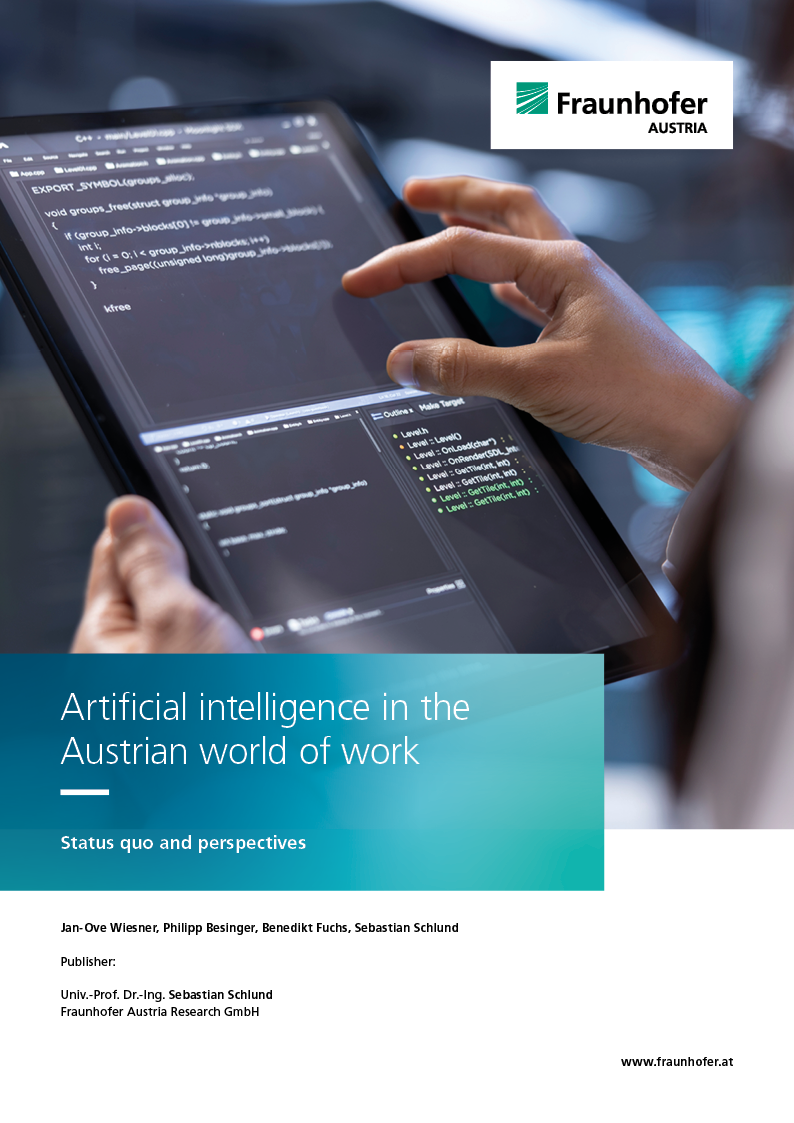
Artificial intelligence in the Austrian world of work
This article analyzes the current status and prospects of the use of artificial intelligence (AI) in Austrian companies. Based on an online survey with 108 participating companies conducted between September 2024 and March 2025, it examines the degree of implementation, strategic anchoring, perceived potential, and key challenges in different industries and company sizes.

